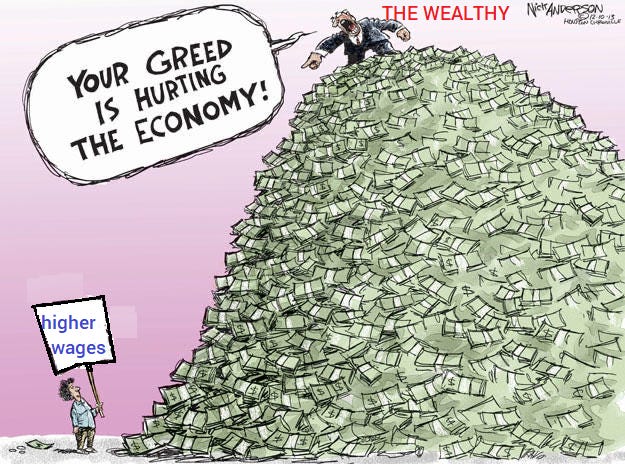……………………………………………………………….. ImgFlip.com
See https://mileswmathis.com/tax2.pdf.
The following is an AI summary of Miles Mathis’s latest paper.
Mathis criticizes the Tax Foundation, viewing it as a tool of the wealthy to propagate the idea that they are already paying their fair share. He points out that the effective tax rate for the very rich is decreasing, contributing to the widening income gap.
The author highlights that a significant portion of the wealth held by the rich is in the form of capital, which is not subject to income tax until it generates new profit. This allows the wealthy to accumulate vast fortunes that are not reflected in income tax statistics, further skewing the perception of income disparity.
Mathis suggests that the rich maintain their wealth and power through various means, including investments in defense, security, and intelligence companies, as well as through banking practices that drain public treasuries. He also criticizes the exploitation of natural resources for private gain, with little benefit to the general population.
Mathis concludes that the focus on taxation and capitalism versus socialism is a distraction from the real issue, which he identifies as legalized plunder by the rich and corporate welfare. He advocates for fundamental reforms, such as outlawing foundations, NGOs, and think tanks, banning lobbying of Congress, and dissolving the CIA, to address the root causes of income inequality and restore a true republic.
Mathis {a real liberal} critiques both liberalism and conservatism as false choices presented by the ruling elite to maintain control over the population. He argues that historically, liberals were those dissatisfied with the status quo, pushing for reforms and greater fairness in government policies, while conservatives aimed to preserve existing privileges and systems, typically benefiting the rich and well-connected2. However, Mathis asserts that the American founding fathers, often portrayed as liberals advocating democracy and fairness, were in reality aristocrats who established another outpost of elite control rather than a true republic or democracy2. According to Mathis, the supposed liberal values enshrined in foundational documents were largely rhetorical, designed to placate the masses and create the illusion of progress and empowerment. He contends that both modern liberalism and conservatism serve to distract the public from the real issue: the ongoing consolidation of wealth and power by a small elite, regardless of which ideology appears to be in power2.




